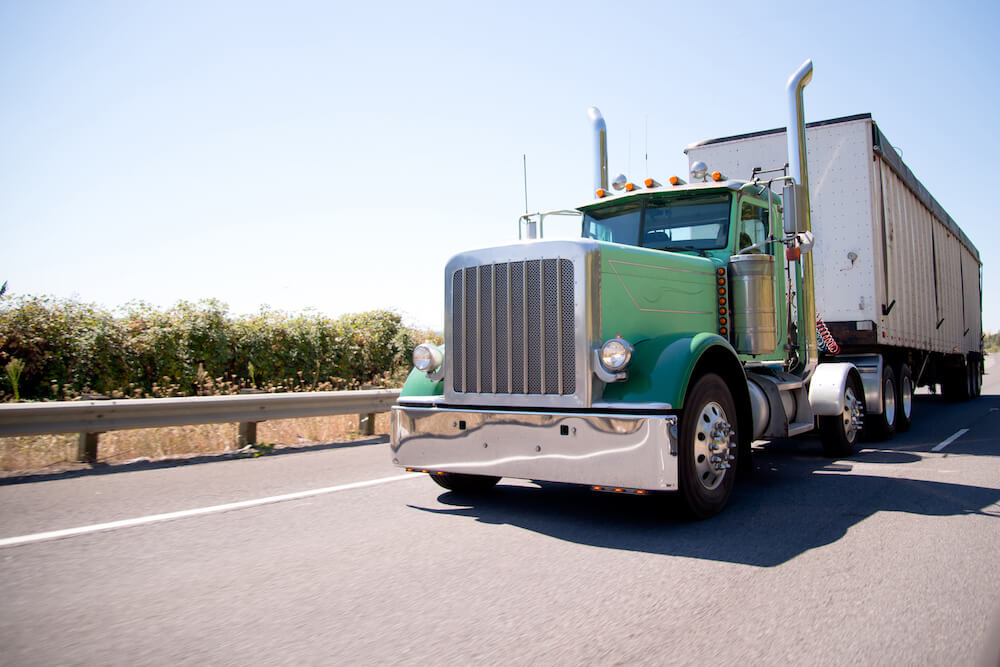Primary liability insurance for truckers is a type of policy they must carry under the mandates of the Federal Motor Carrier Safety Administration (FMCSA). It is the minimum insurance requirement that you must obtain when you operate or own a single commercial truck or a fleet of trucks. It provides you and other motorists with a basic level of financial protection in the event of a truck accident.
However, primary liability insurance does not pay for damages to your own truck or to any of the cargo that you are hauling. You will need to investigate other forms of insurance, including secondary liability insurance, for that type of protection.
What does primary liability insurance cover?
This type of policy only pays for damages to property or another person caused by the contents of your commercial truck. For example, the latch to the rear door of the truck could swing open and the contents inside hit the windshield of the driver directly behind you. If that driver or the passengers in the vehicle sustained injuries, the policy would pay for them to receive treatment. It would also pay for vehicle repair or replacement.
Primary liability insurance is limited in that it does not cover damages due to fire, vandalism, theft, severe weather, or other situations outside of your immediate control. You risk the value of your truck, cargo, and trailer when you do not have additional insurance policies in place. This is true even if the other driver caused the accident since the purpose of primary liability is to protect the public. You will need to file a claim with the insurance company of the other driver to seek any type of reimbursement.
Understanding secondary liability commercial trucking insurance.
Secondary liability insurance (for example, bobtail, unladen, or non-trucking coverage) is a plan required by individual motor carriers. It typically only covers damages you cause or sustain while you are driving for that company and have a permanent signed lease on file. This includes both physical injuries and property damage. The minimum amount of secondary liability insurance you must carry will be different than what the FMCSA requires for primary insurance and can vary considerably from one motor carrier to the next.
Currently, the FMCSA requires commercial truckers to carry at least $750,000 of primary liability insurance. You may also want to investigate other policies yourself to ensure adequate protection. It’s really important to have the proper insurance.
Work with us to find the best big rig insurance.
We have multiple resources available for truckers to help them meet their truck insurance requirements. You may request a quote for as many different types of insurance policies as you would like on our website. Our team is made up of professionals in the transportation insurance industry who will assist you in evaluating policies and purchasing your 18 wheeler insurance coverage. The ability to compare several policies at once and receive input from our agents can save you a considerable amount of time and money.
Source:
https://www.fmcsa.dot.gov/registration/insurance-requirements

